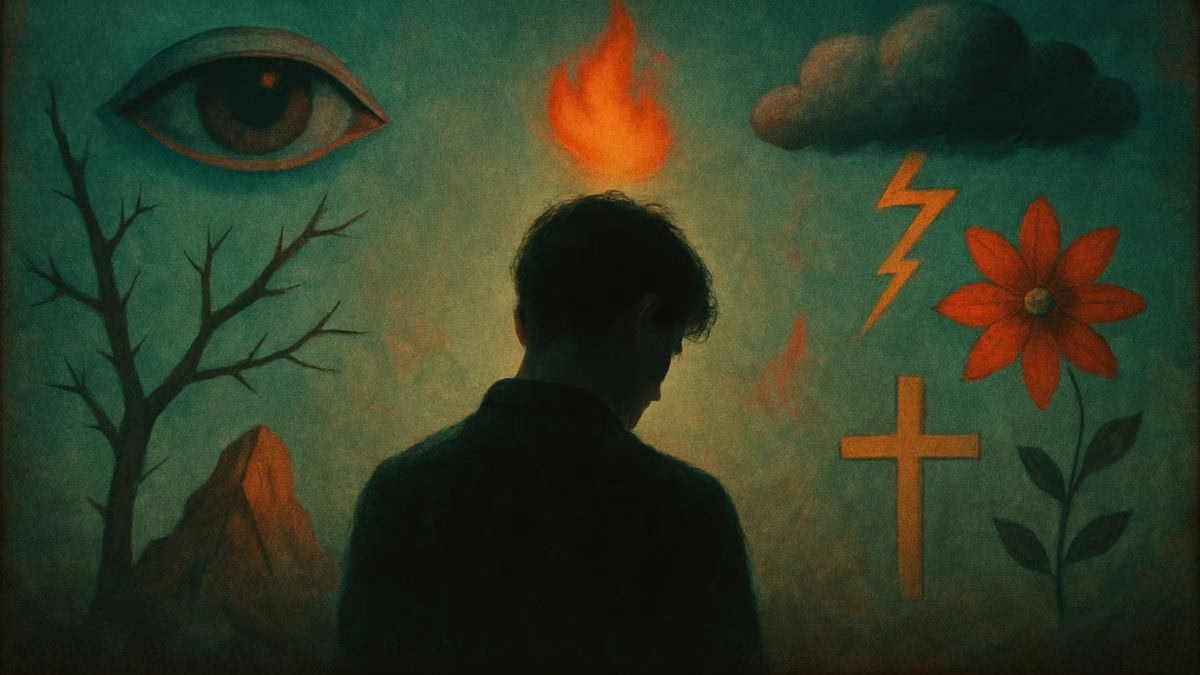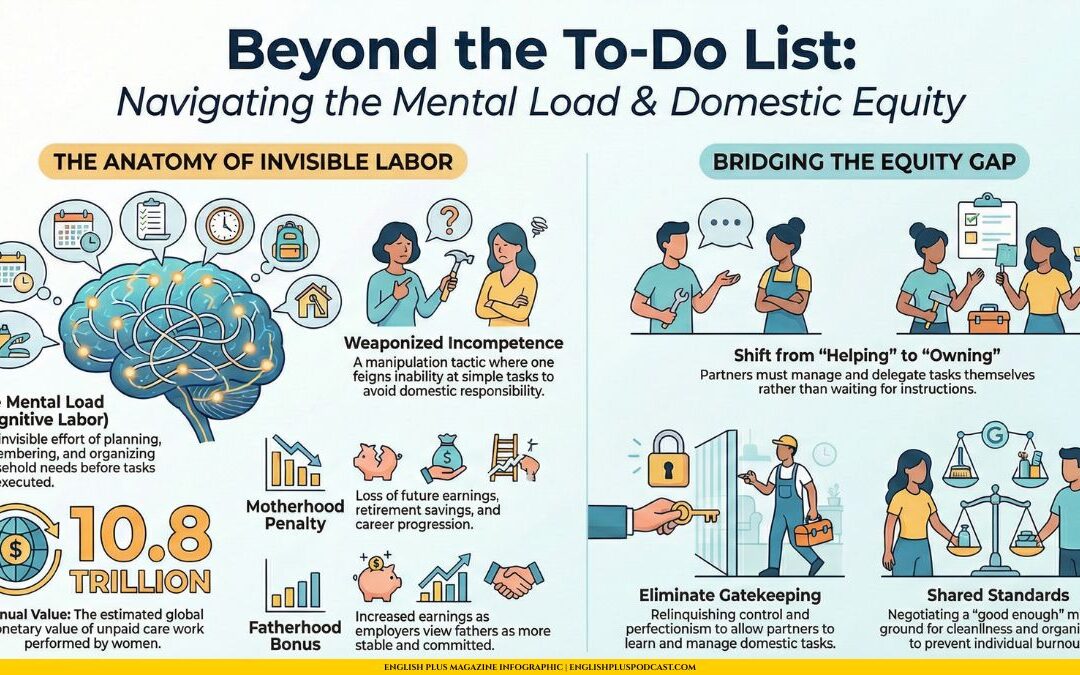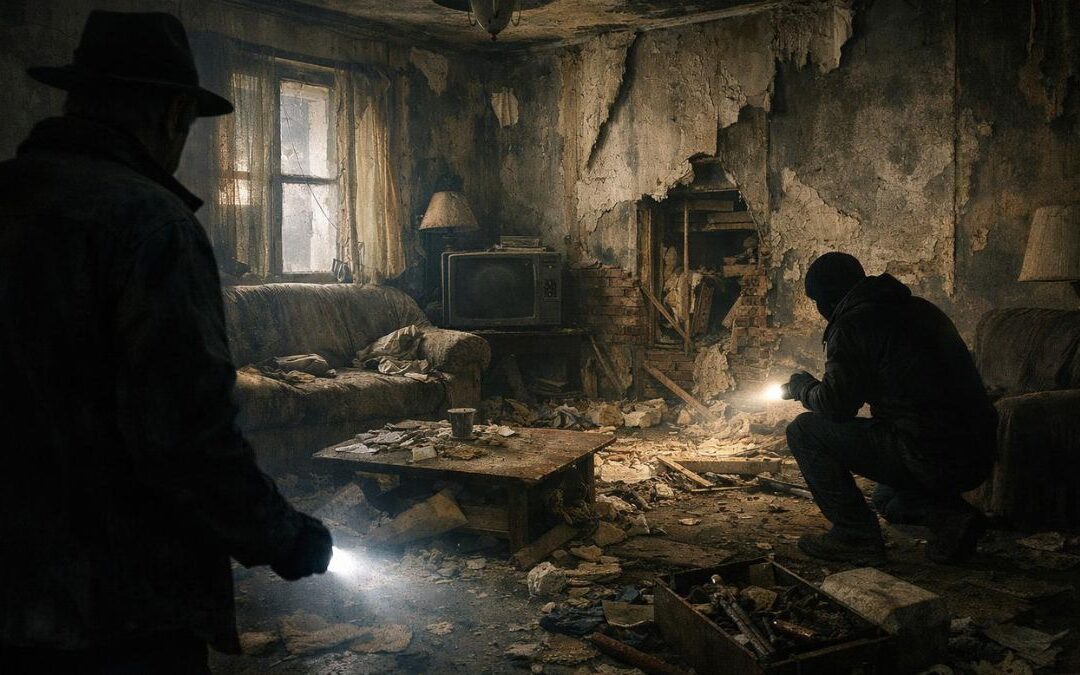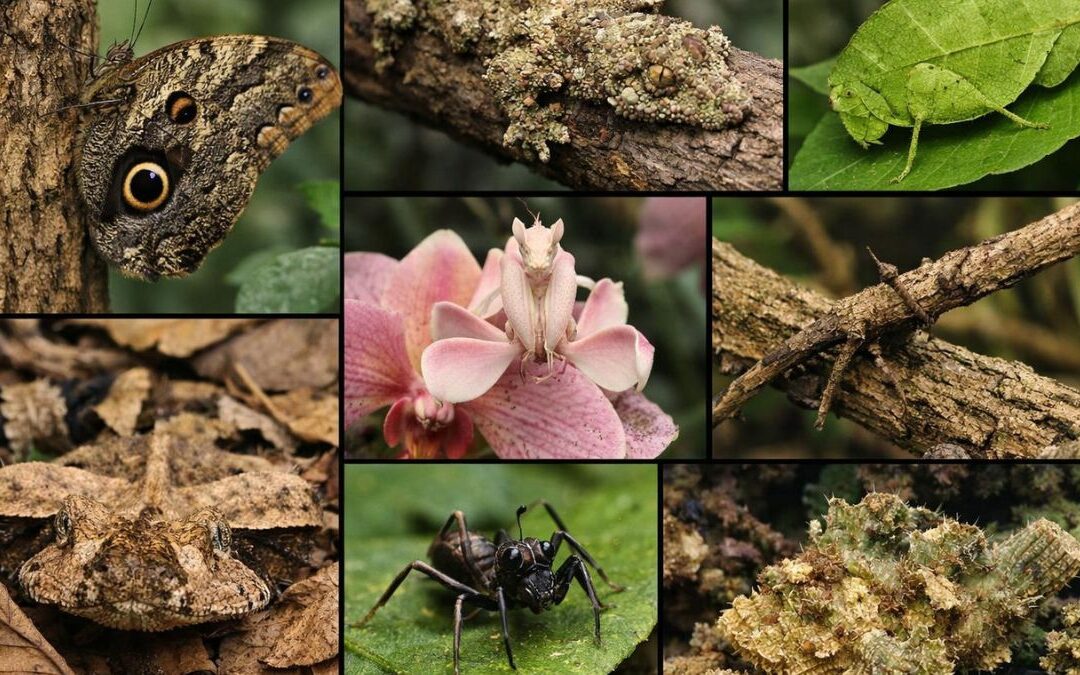What if the worst things that ever happened to you were also the most important? I know, it sounds like a ridiculous, maybe even offensive, question. We are wired, biologically and culturally, to see pain as the enemy. We spend billions of dollars and countless hours trying to numb it, avoid it, and engineer it out of existence. But in our relentless pursuit of a comfortable, frictionless life, are we accidentally throwing away the very ingredient that creates depth, meaning, and wisdom? This is a journey into a radical idea: exploring the hidden value of suffering and asking if our wounds might just be where the light gets in.
The Cult of Comfort
Let’s be honest, we live in the cult of comfort. From our temperature-controlled homes to our curated social media feeds, the goal is often to create a life that is perpetually pleasant. Difficulty is seen as a glitch in the system. Sadness is something to be fixed. Struggle is a sign that you’re doing it wrong. We talk about “living our best life,” and we usually picture it on a beach, without a single worry in sight. There’s nothing wrong with wanting joy and peace, of course. But when we make the avoidance of pain our primary goal, we might be signing up for a life that is wide, but not very deep. We risk becoming like trees that have only ever known sunshine and calm weather—they grow, but they have no deep roots to hold them steady when the first real storm hits.
The Oyster and the Pearl
There is a beautiful, profound metaphor for this in nature: the creation of a pearl. A pearl, one of the most exquisite gems in the world, only exists because an oyster experienced a moment of intense suffering. A grain of sand, an irritant, a wound, gets inside its shell. The oyster can’t expel it, so what does it do? It begins a slow, deliberate process of transforming the source of its pain. It coats the intruder, layer by shimmering layer, with a substance called nacre. Over years, this response to a persistent irritation creates something luminous, strong, and precious. The oyster doesn’t seek out the sand, but when the sand arrives, it performs an act of beautiful alchemy. It transforms its wound into a wonder. And aren’t we all a bit like that? Life will inevitably send us our grains of sand. The question is, what will we make of them?
The Science of Bouncing Back Stronger
This isn’t just poetic philosophy; it’s backed by some fascinating psychology. You’ve probably heard of Post-Traumatic Stress Disorder, or PTSD. But have you ever heard of its counterpart, Post-Traumatic Growth? It’s a term psychologists use to describe the profound positive changes that people can experience after going through a major life crisis or trauma. People who experience this don’t just bounce back to where they were before; they bounce forward. They report a greater appreciation for life, a deepening of their relationships, a stronger sense of their own power, and a more profound spiritual life. The very thing that was meant to break them, once processed and integrated, actually rebuilt them into something stronger, wiser, and more compassionate. It’s the ultimate proof that the human spirit doesn’t just want to survive; it wants to find meaning in the survival.
The Ancient Secret of Loving Your Fate
Long before modern psychology gave this a name, the ancient Stoic philosophers had a handle on it. They had a concept they called Amor Fati—a Latin phrase that means “a love of one’s fate.” Now, this doesn’t mean you should be happy when something terrible happens. It’s not about passive resignation. It’s an active, powerful choice to embrace everything that happens to you—the good, the bad, the heartbreaking—as essential fuel for your life’s journey. The Stoic philosopher Epictetus, who was born a slave and endured immense hardship, believed that it’s not things that upset us, but our judgment about things. For the Stoics, an obstacle wasn’t a dead end; it was a new path. A challenge wasn’t a punishment; it was a training ground for virtue. Amor Fati is the ultimate act of empowerment: deciding that nothing that happens to you can be wasted. Every piece of it, even the sharpest shards, can be used to build the mosaic of a meaningful life.
The Birthplace of Empathy
And here’s where it gets really personal, where it touches the core of our humanity. Suffering is the great connector. It is the universal language that dissolves the boundaries of race, culture, and creed. Think about it. It is impossible to truly, deeply empathize with another person’s pain if you have never been intimately acquainted with your own. You can offer sympathy, sure. You can say the right words. But that gut-level, soul-to-soul connection—the kind that makes someone feel truly seen and understood—is born in the valley of our own struggles. Our scars become a map that helps us navigate the pain of others. Our deepest wounds, once healed, can become our greatest gifts, allowing us to sit with someone in their darkness without needing to fix it, simply saying, with the quiet authority of our own experience, “I know. And you are not alone.”
This Is Not a Call to Masochism
It is so important to say this loud and clear: none of this is about romanticizing tragedy or suggesting that we should seek out pain. That isn’t wisdom; that’s self-harm. The value isn’t in the suffering itself; it is in the growth that can be mined from it.1 This is not an argument against medicine, therapy, or seeking help. Please, if you are hurting, get the help you need. The goal is not to endure pain for its own sake.2 The goal is to develop the wisdom to know that when pain inevitably finds you—as it finds all of us—it does not have to be the end of your story. It can be the beginning of a new chapter, one where you discover a strength you never knew you had. It’s about alchemy, not martyrdom.
Redefining a “Good Life”
Perhaps it’s time we questioned our definition of a “good life.” Maybe a good life isn’t one that is free from suffering. Maybe a meaningful life is a better target to aim for. A life that is textured, deep, and rich with experience—both the joyful and the painful. A life where we have deep roots that can withstand the storms. A life where we carry our scars not with shame, but as reminders of the battles we’ve won and the wisdom we’ve earned. The most interesting, compassionate, and resilient people you will ever meet are often the ones who have walked through fire. They don’t wish the fire on anyone else, but they wouldn’t trade the strength they forged in it for anything.
So, I want to leave you with this to ponder. Think back on a challenge in your own life, a moment you thought you might not get through. Now that you’re on the other side, what unexpected gift did that struggle leave behind? What pearl was formed from that grain of sand? I’d love for you to share your reflections in the comments below.










0 Comments